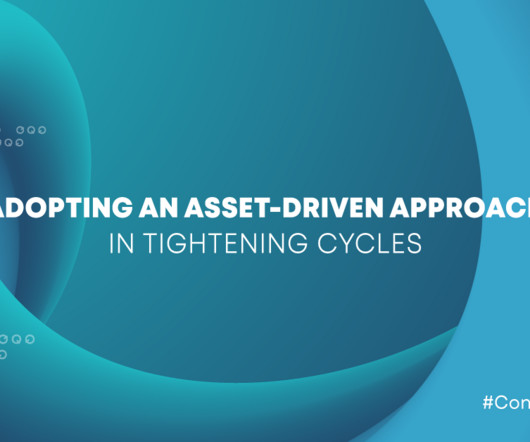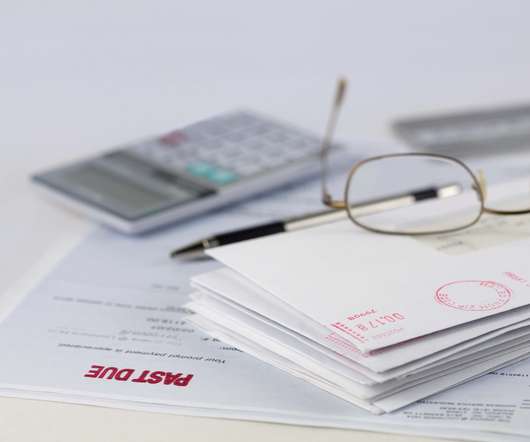Secured vs Unsecured Debt: Everything You Need to Know
Sawin & Shea
NOVEMBER 15, 2023
In the case of a Chapter 7 bankruptcy , the court appoints a trustee who is in charge of selling off (liquidating) a debtor’s non-exempt assets. If a debtor has assets that are not protected under those statutes, the trustee can liquidate those items and use the proceeds to pay creditors back something.















Let's personalize your content